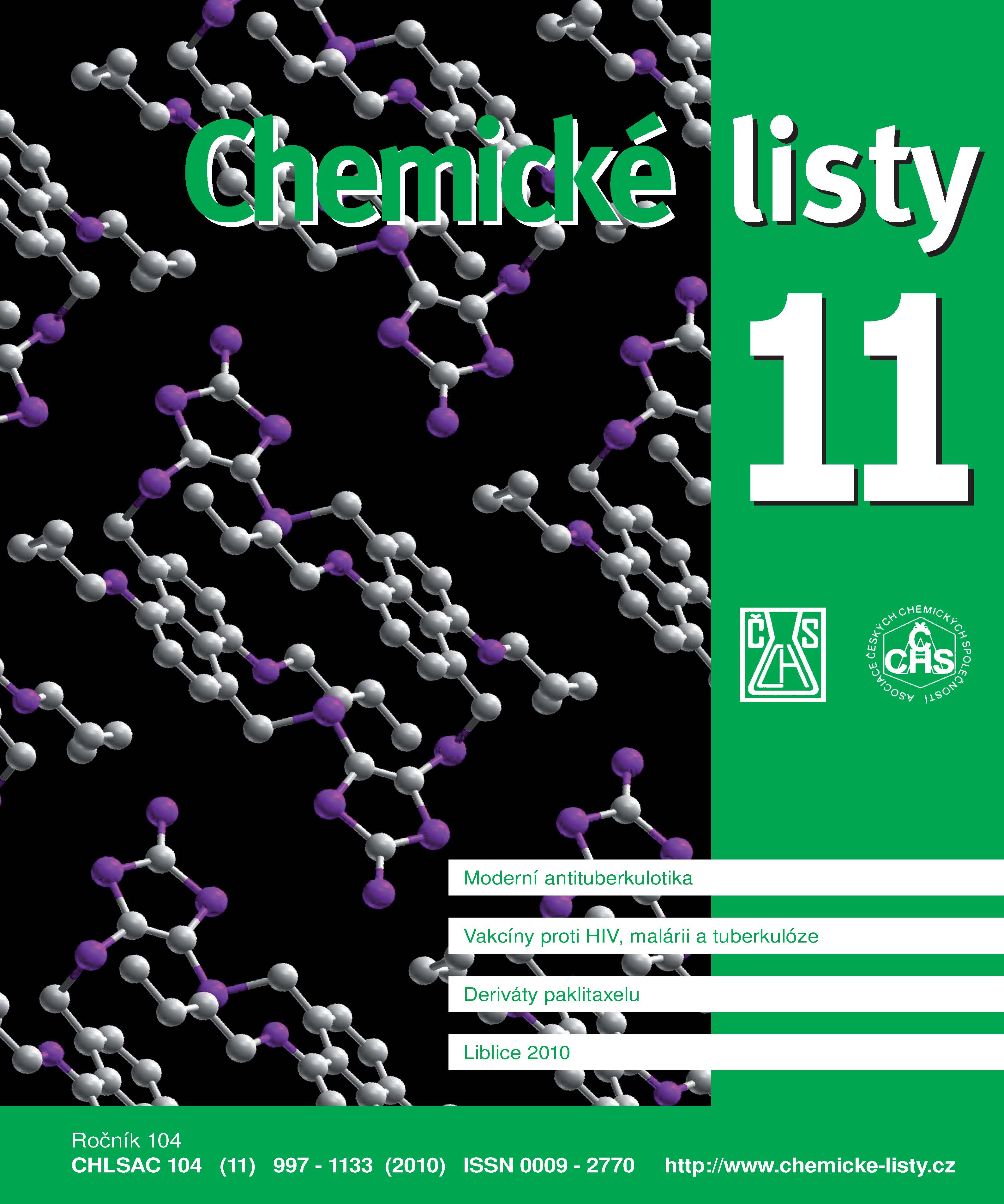Advances in the Development of Antituberculotics Acting on Multidrug-Resistant Strains
Abstrakt
The aim of this review is to outline the recent advances in the development of new drugs against multidrug-resistant tuberculosis (MDR-TB). The occurrence of resistance to anti-tuberculosis drugs, particularly of MDR-TB, has become a major public health problem. The emergence of MDR-TB has made many currently available anti-TB drugs ineffective. Due to a many reasons, there is an urgent need to identify new drug targets and to find novel chemical structures. The research of novel anti-MDR-TB potential drugs follows structure modification of known antituberculotics, new lead structures with novel mechanism of the action (linezolid, TMC207, PA-824, OPC-67683, SQ109, FAS20013, LL-3858, BM212) and novel drug targets, i.e. cell wall biosynthesis (mycolic acid synthesis, protein synthesis, arabinogalactan and peptidoglycan biosynthesis inhibitors) or other novel targets.Stahování
Publikováno
15.12.2010
Jak citovat
Krátký, M., & Vinšová, J. (2010). Advances in the Development of Antituberculotics Acting on Multidrug-Resistant Strains. Chemické Listy, 104(11). Získáno z http://ww.w.chemicke-listy.cz/ojs3/index.php/chemicke-listy/article/view/1224
Číslo
Sekce
Články





